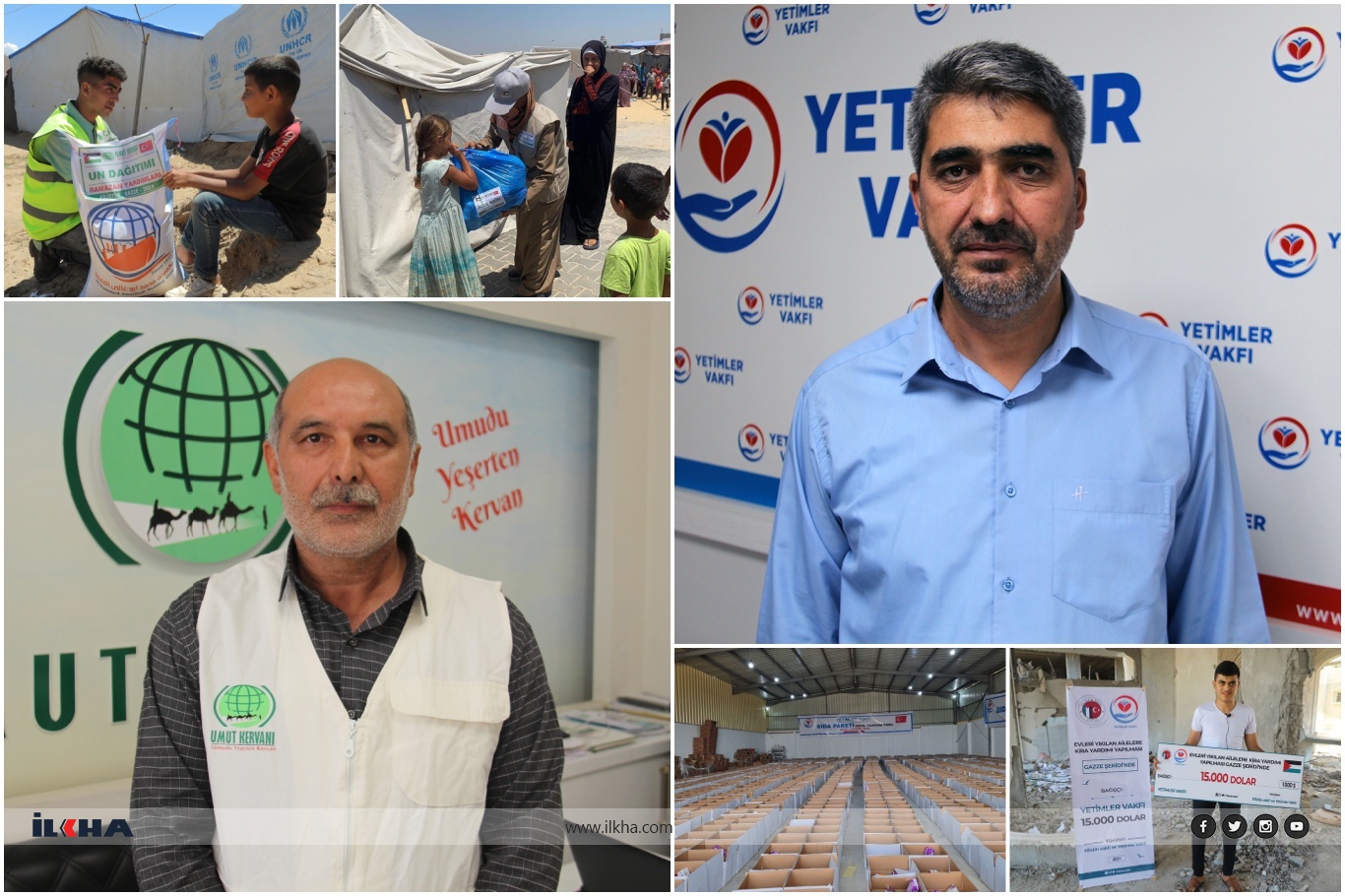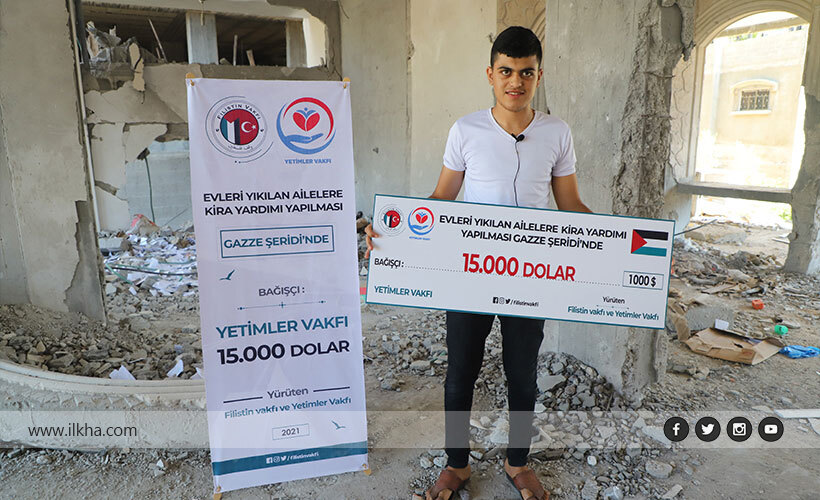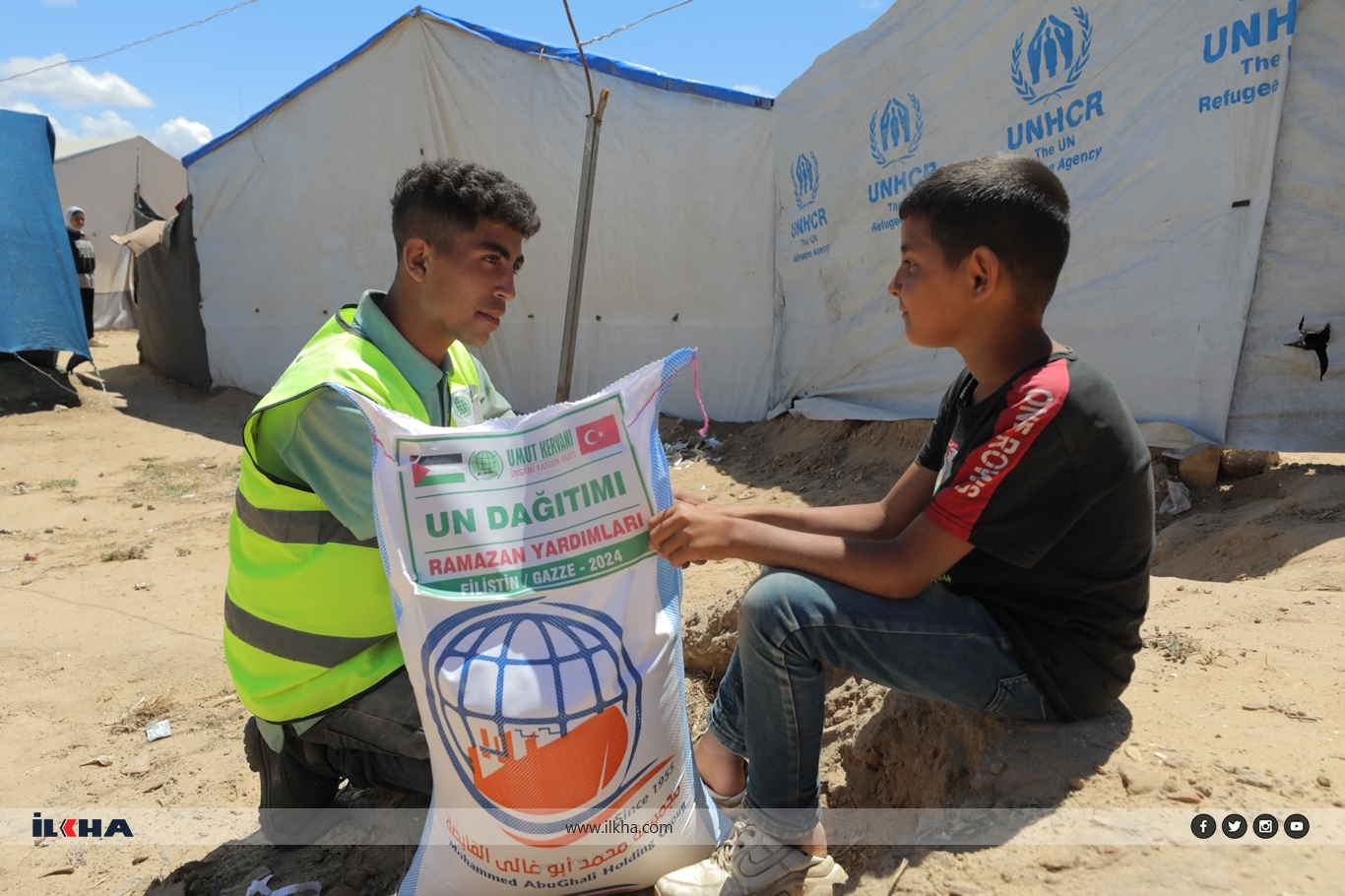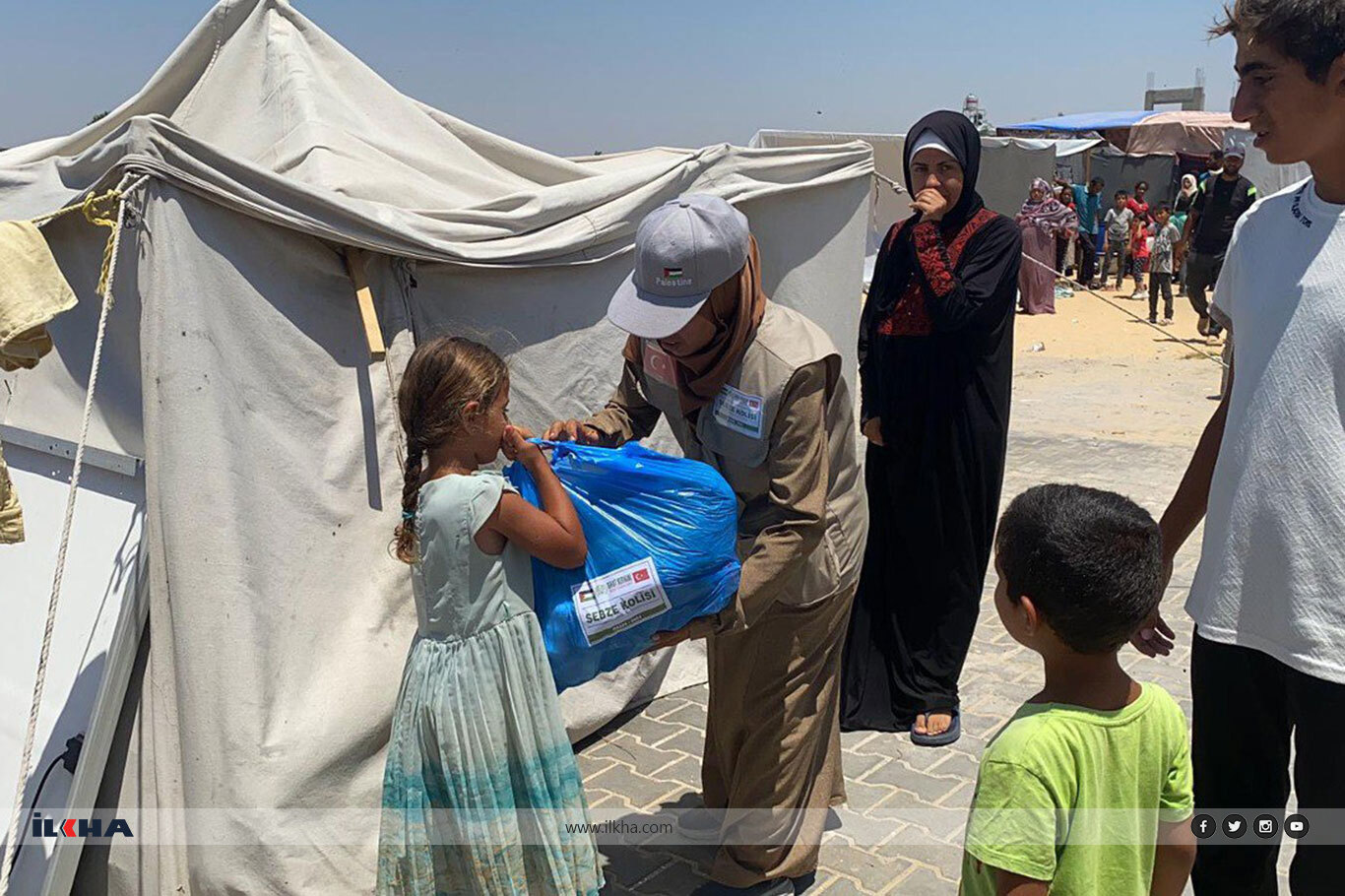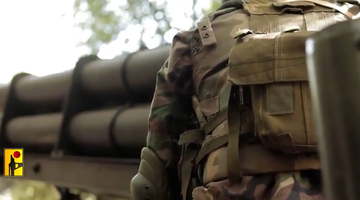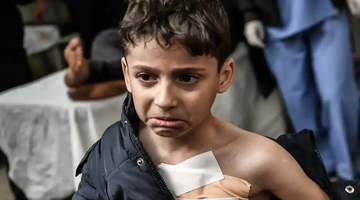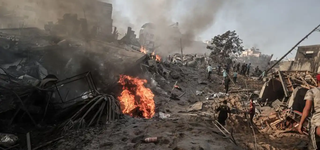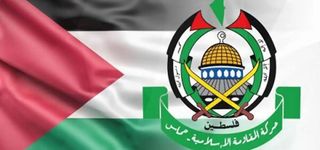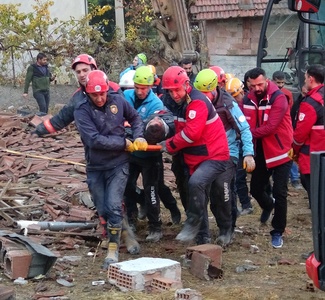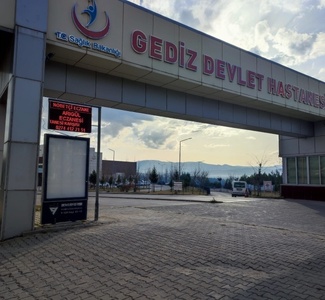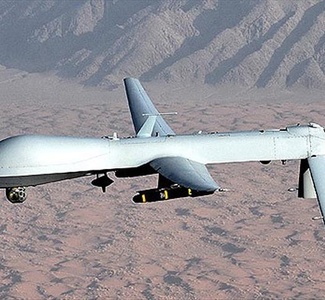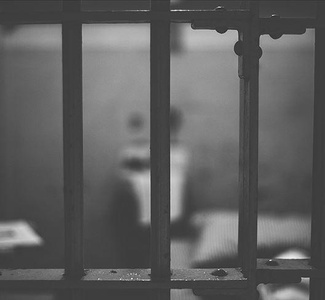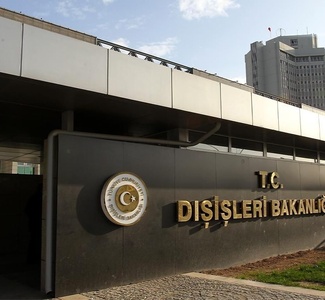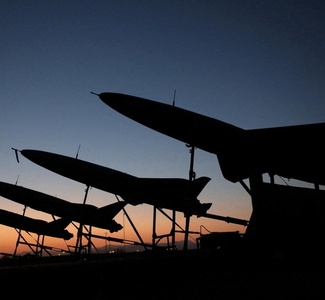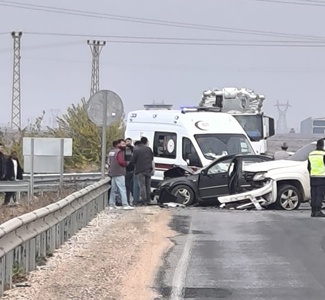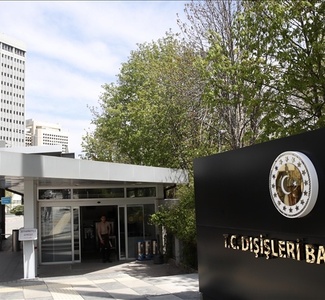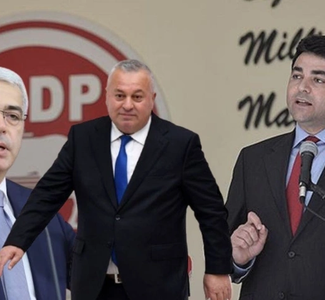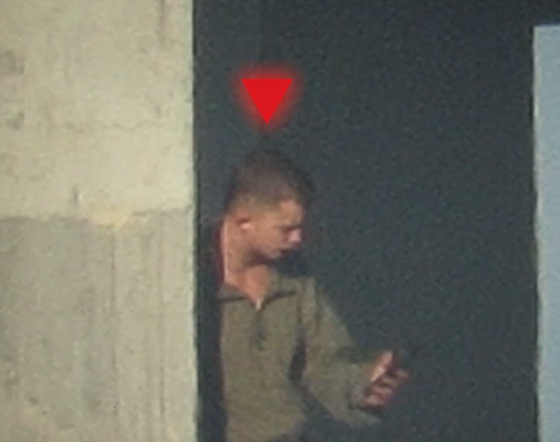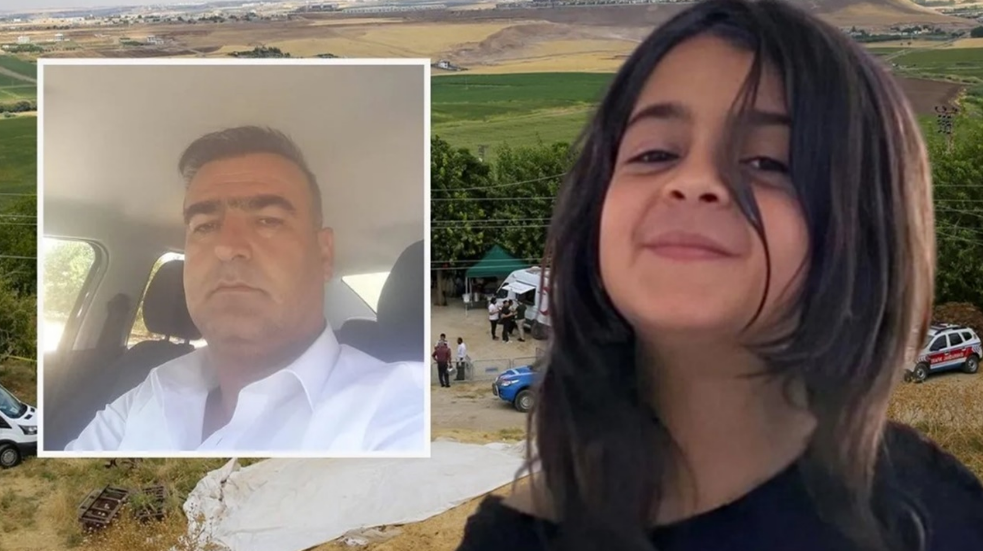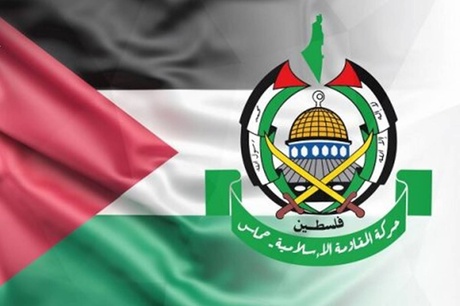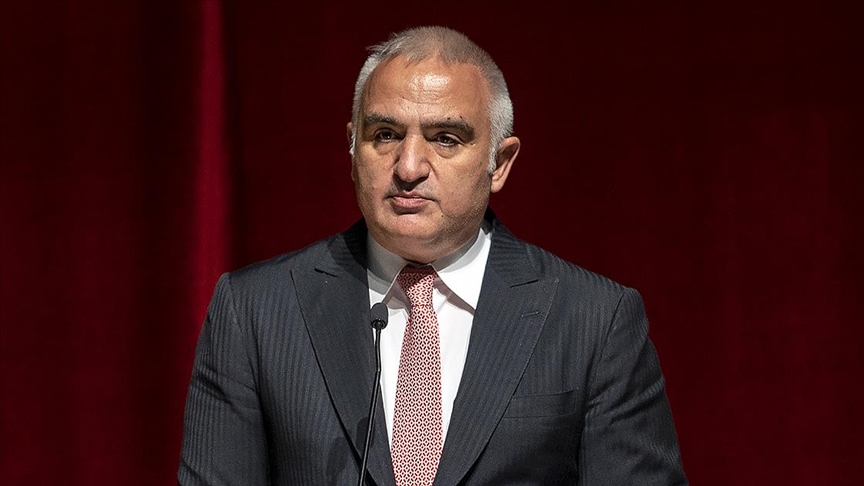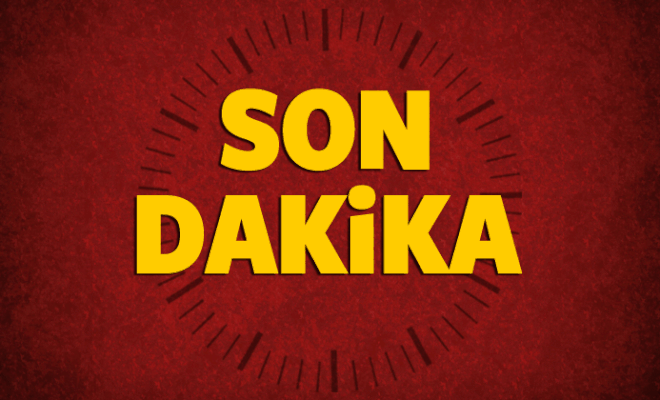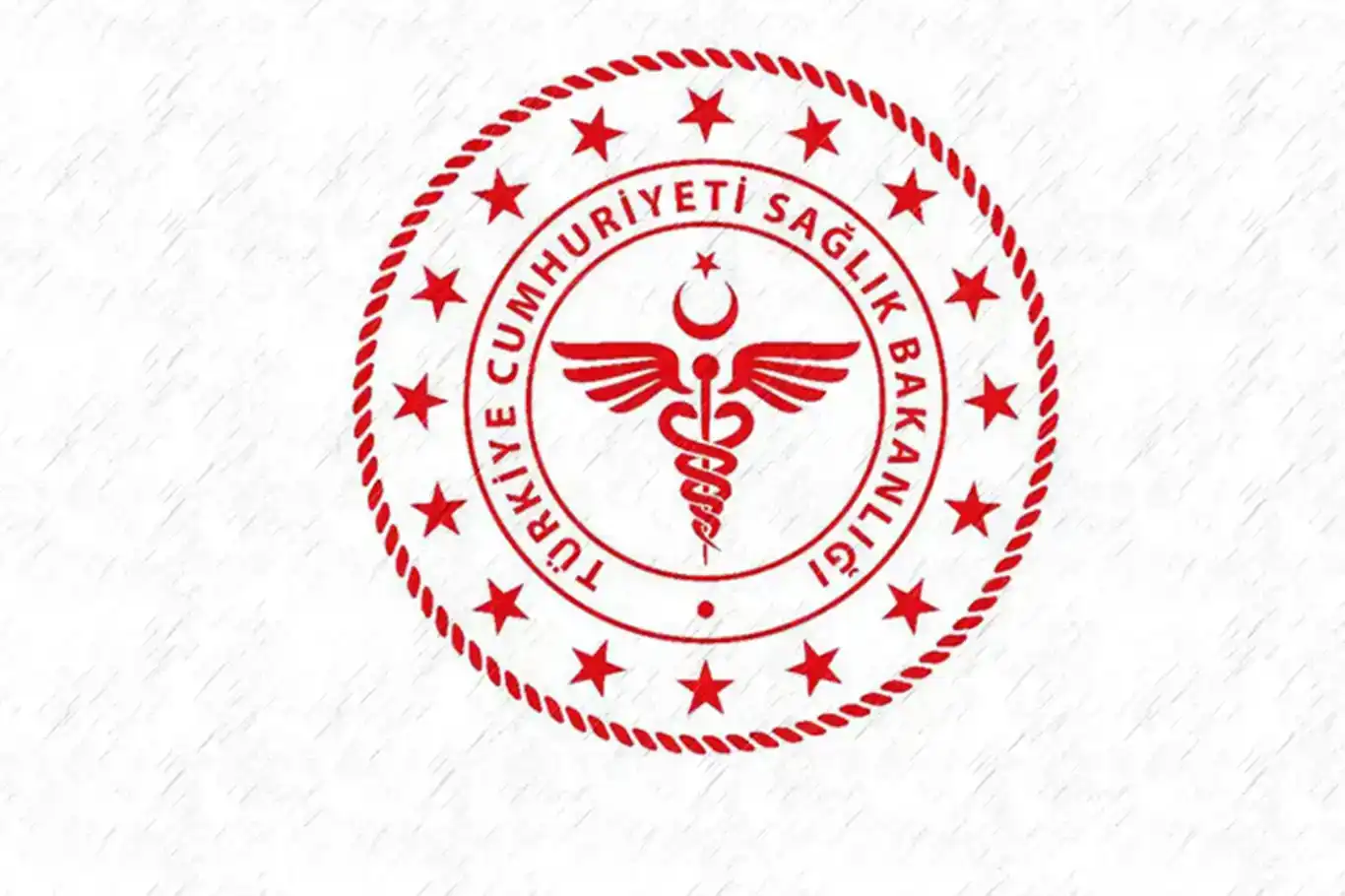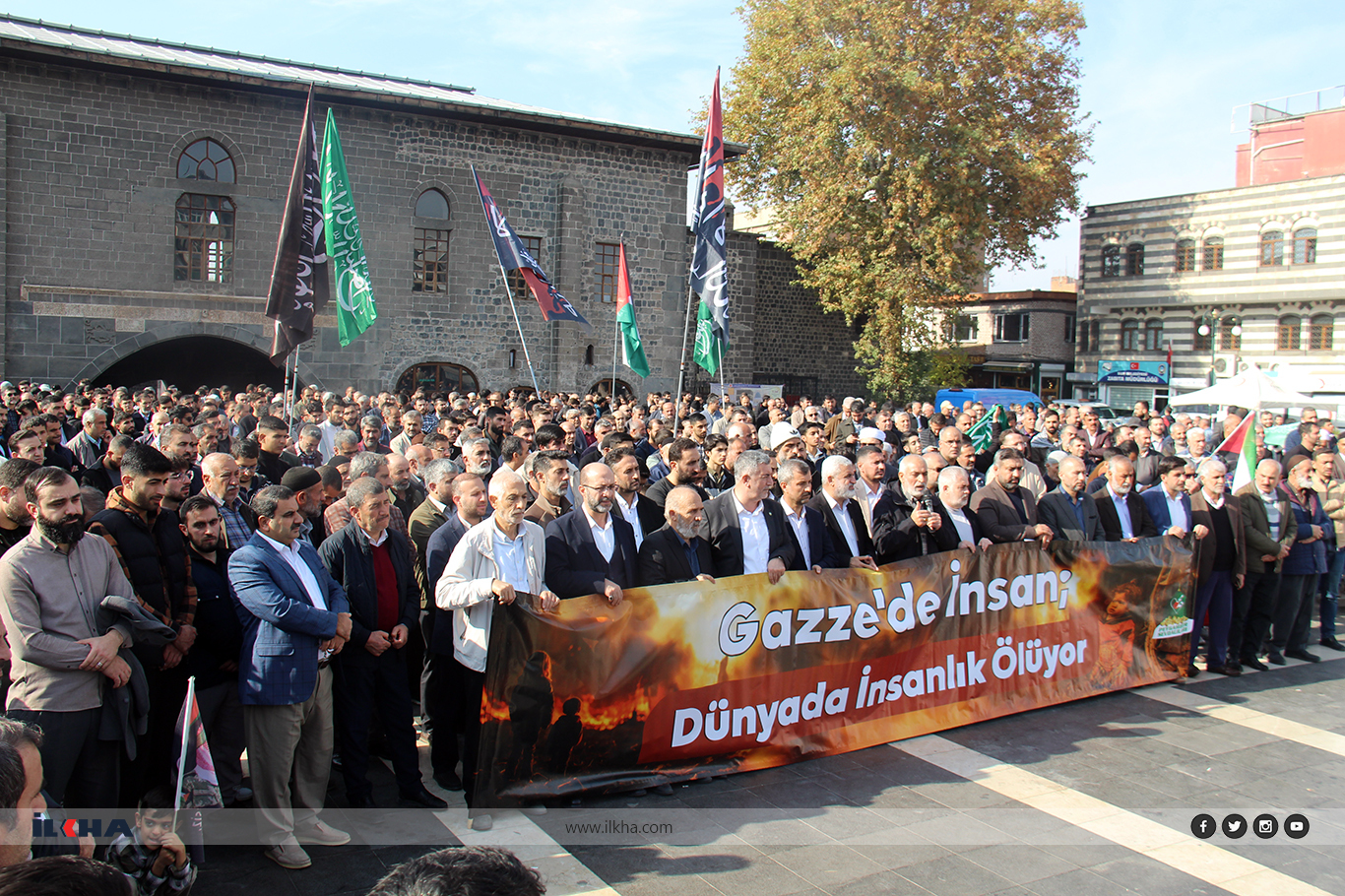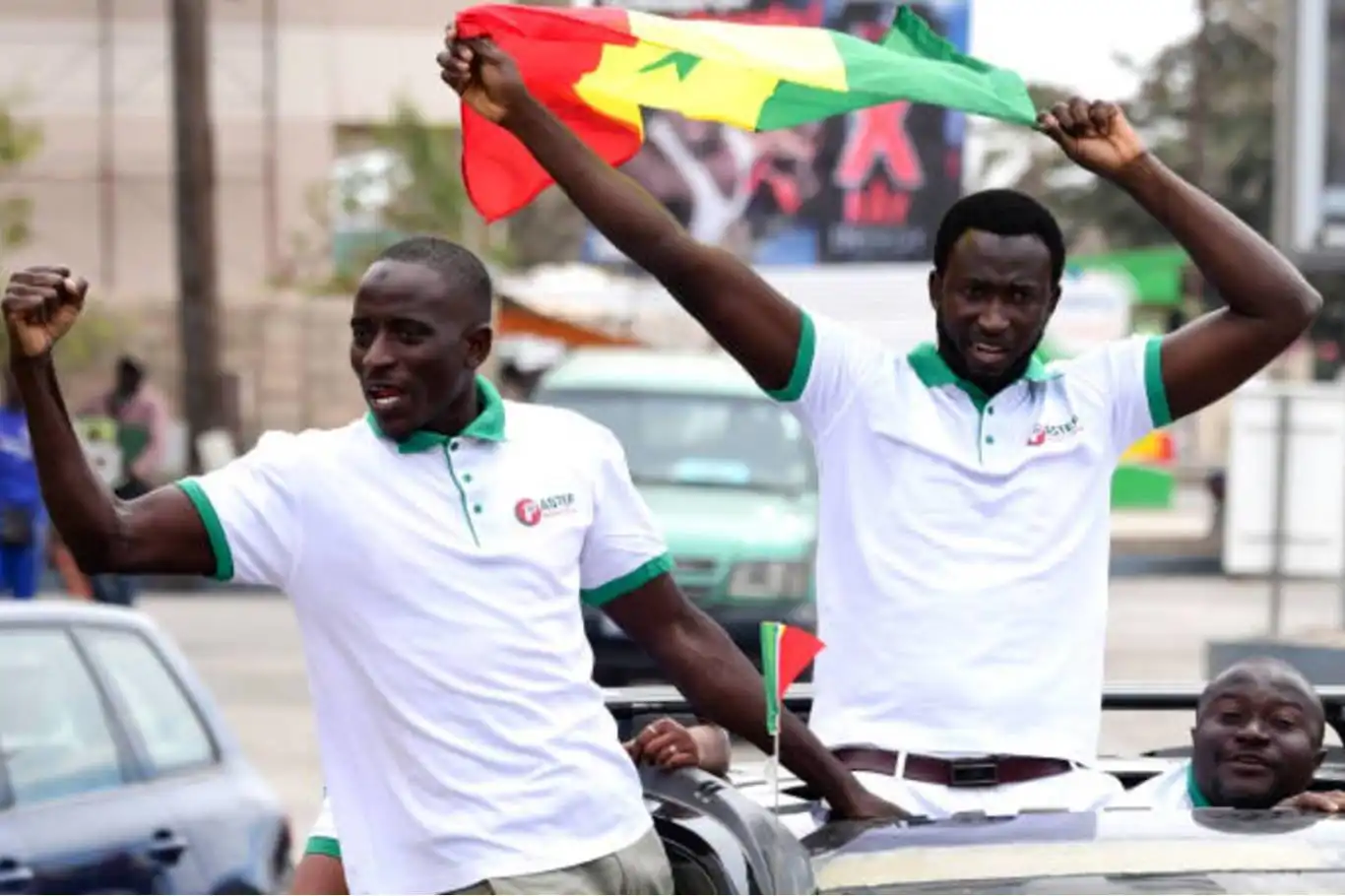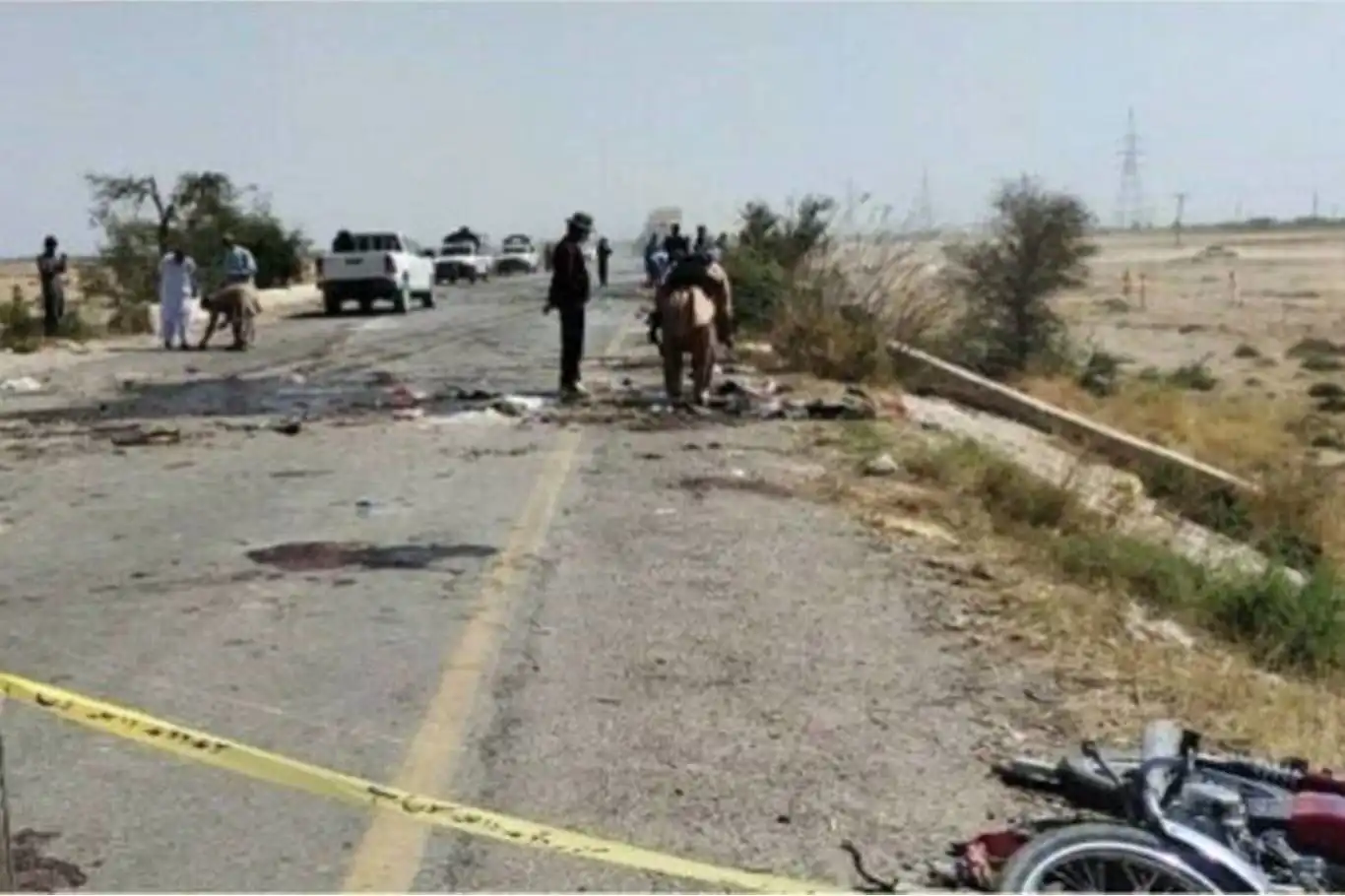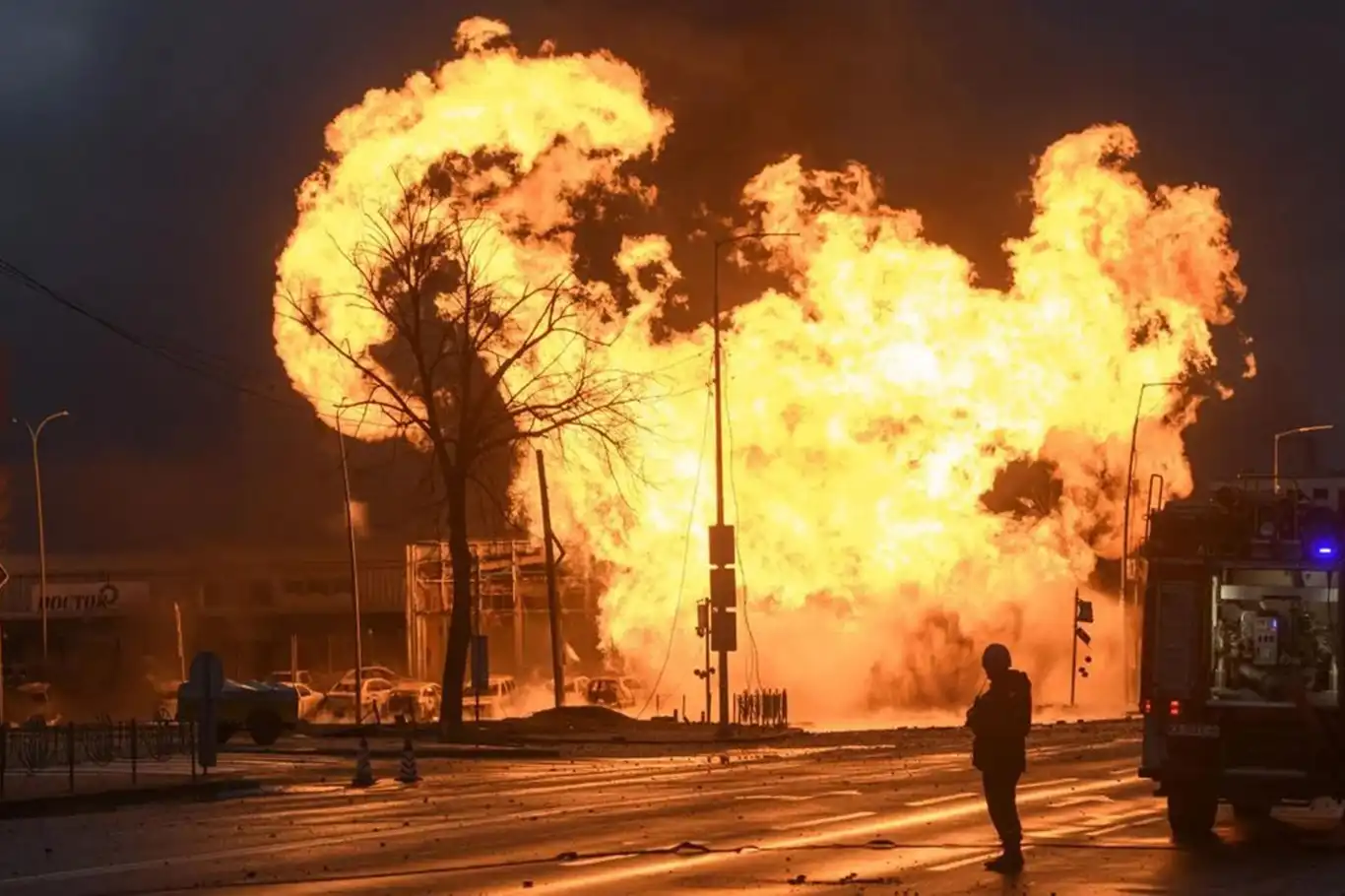Aid groups call for sustained global support as Gaza crisis worsens
As the humanitarian crisis in Gaza deepens following over ten months of Israeli aggression, aid organizations are urging Muslims worldwide to continue their support for the besieged population.
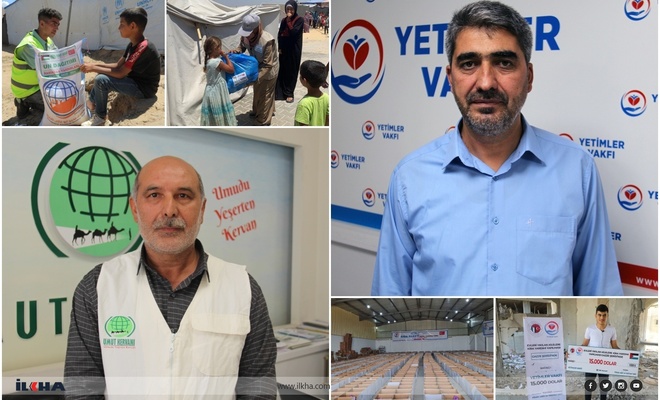
 Google News'te Doğruhaber'e abone olun.
Google News'te Doğruhaber'e abone olun. For over ten months, the people of Gaza have endured relentless Israeli genocidal aggression, following the Al-Aqsa Flood Operation. As the death toll rises and the humanitarian situation deteriorates, the voices of those urging continued support for Gaza grow louder. Representatives from various aid organizations have recently emphasized that this support is not just a moral obligation but an Islamic duty, urging Muslims worldwide to remain steadfast in their efforts to aid the besieged population.
Cemil Cahit Ünsal, the General Coordinator of the Orphans Foundation, is one such voice. He speaks with conviction about the necessity of material support for the Palestinian cause, framing it as both a religious duty and a moral imperative. Ünsal draws on the rich tradition of Islamic teachings, reminding the faithful that financial contributions to those in need are not only rewarded in the hereafter but also serve to elevate the giver's spiritual status. Citing the Quran, Ünsal explains: "The example of those who spend their wealth in the way of Allah is like a seed of grain that sprouts seven ears; in every ear, there are a hundred grains. Allah multiplies for whom He wills. Allah is all-Encompassing and Knowing."
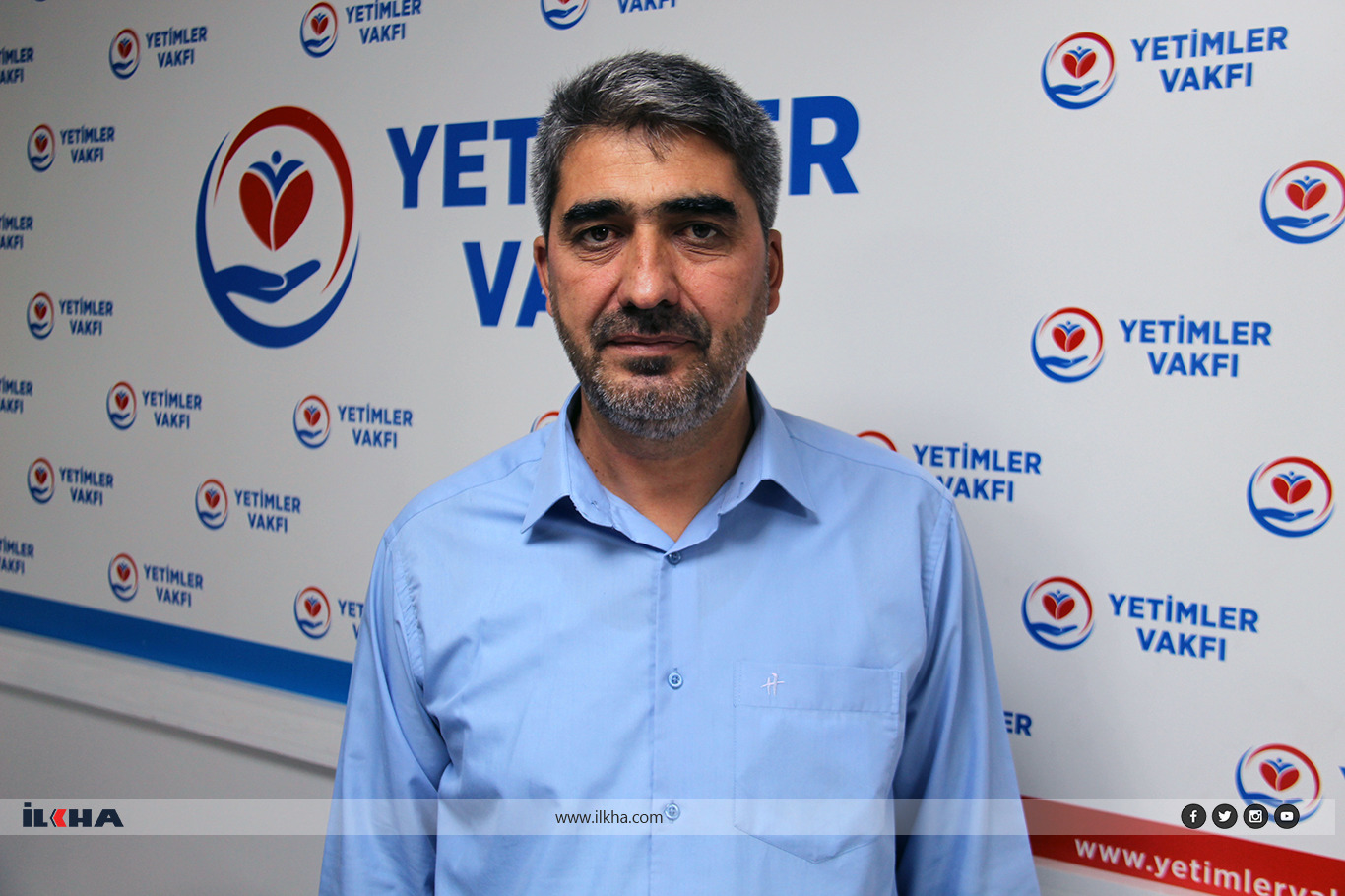 Cemil Cahit Ünsal
Cemil Cahit Ünsal
These words resonate deeply within the context of Gaza's suffering. According to official figures, more than 40,000 people have been martyred in the ongoing Israeli genocide, with thousands more presumed dead beneath the rubble. This staggering loss of life underscores the gravity of the situation and the urgent need for continued support. Ünsal's call to action is clear: Muslims must not only provide financial aid but also actively participate in boycotts against the goods of Israeli occupying regime and its allies. Such actions, he argues, are a form of "practical jihad—that can strike at the heart of the oppressors' economic lifelines.
Abdurrahim Karadeniz, Deputy President of the Hope Caravan Foundation in Diyarbakır, echoes Ünsal's sentiments. He highlights the importance of maintaining the momentum of the early days of the aggression, when support for Gaza was at its peak. Karadeniz emphasizes that the fight against oppression is not limited to those on the frontlines; it extends to every Muslim who can contribute, whether through donations, boycotts, or public demonstrations. "Even though 10 months have passed since October 7 when Israeli brutal aggression started, our Islamic and humanitarian responsibility towards the cause of Jerusalem remains," Karadeniz asserts. He reminds us that the people of Gaza are not just fighting for their survival but are engaged in a "relentless struggle on behalf of the Ummah."
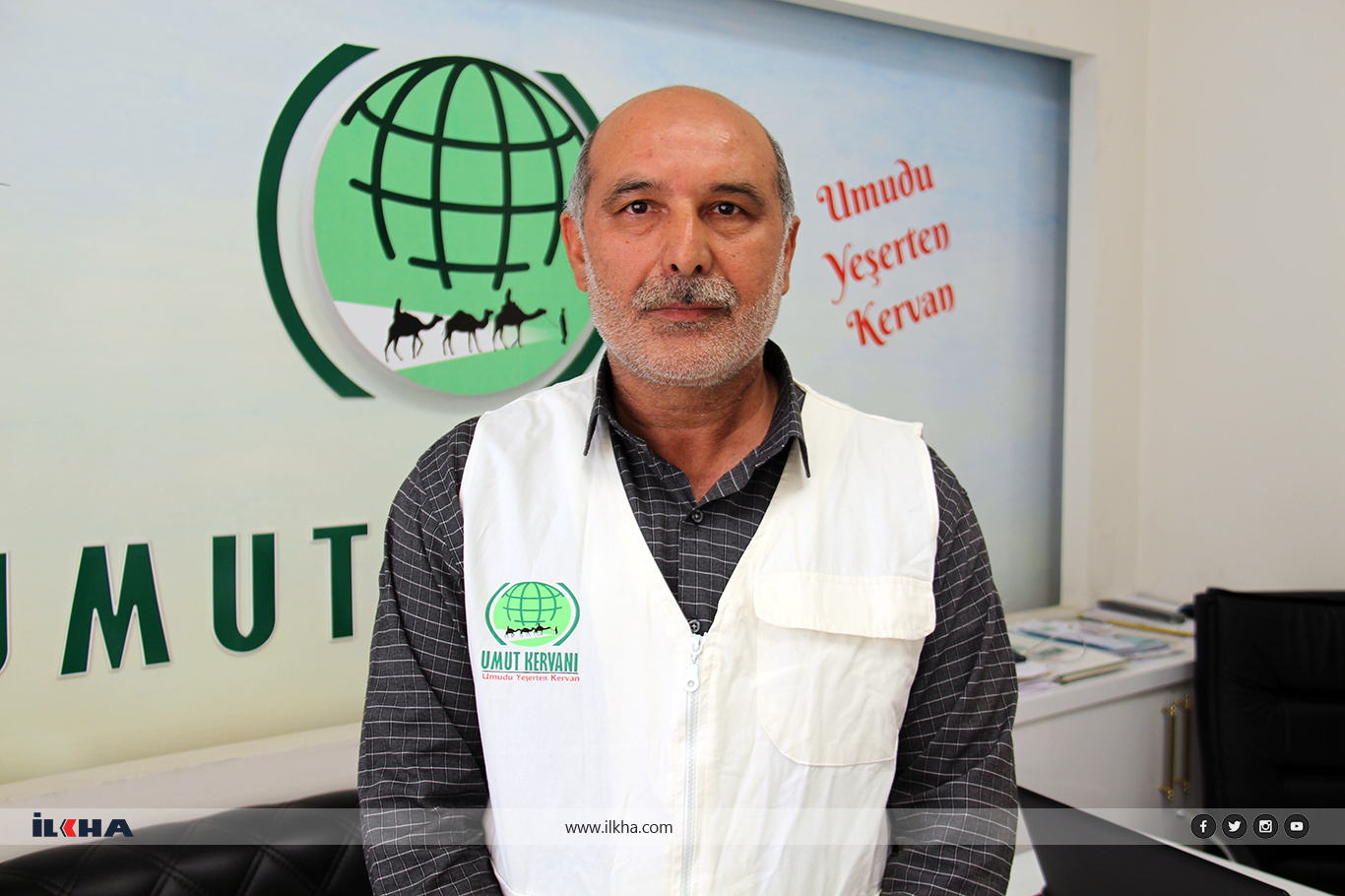 Abdurrahim Karadeniz
Abdurrahim Karadeniz
Karadeniz also points to the symbolic power of public demonstrations, noting that such actions serve to "frighten our enemies and bring joy to our brothers." This statement underscores the broader impact of solidarity movements, which can boost the morale of those under siege while sending a strong message to oppressors that their actions will not go unchallenged. Karadeniz's words carry particular weight given his role in coordinating aid efforts in Diyarbakır, a city with a deep historical connection to the Islamic struggle, as the homeland of Saladin.
In reflecting on the efforts made thus far, both Ünsal and Karadeniz express gratitude to those who have contributed to the humanitarian efforts, while urging continued vigilance and commitment. "As Hope Caravan, we have served as a bridge between our people and our Palestinian brothers, and we are ready to continue providing whatever assistance we can," Karadeniz concludes. His confidence that the people of Diyarbakır—and Muslims worldwide—will continue to show unwavering support is both a challenge and an inspiration.
The ongoing humanitarian crisis in Gaza is a test of the global community's resolve and compassion. It is a call to action for all who believe in justice, mercy, and the sanctity of human life. As the Israeli brutal aggression drags on, the need for sustained support becomes ever more critical. The words of Ünsal and Karadeniz serve as a reminder that in the face of overwhelming adversity, solidarity is not just a choice; it is a duty. The people of Gaza cannot be left to face their struggles alone. It is up to the global community, and particularly the Muslim Ummah, to stand with them, offering both material aid and moral support in their darkest hour. (ILKHA)
